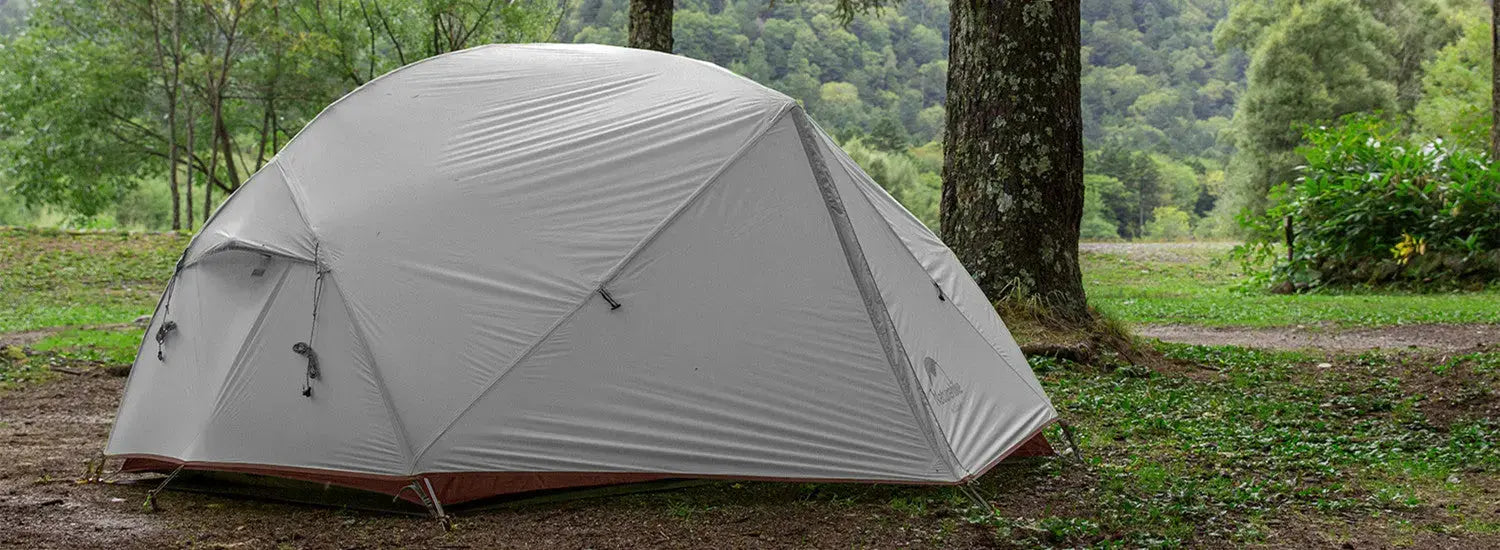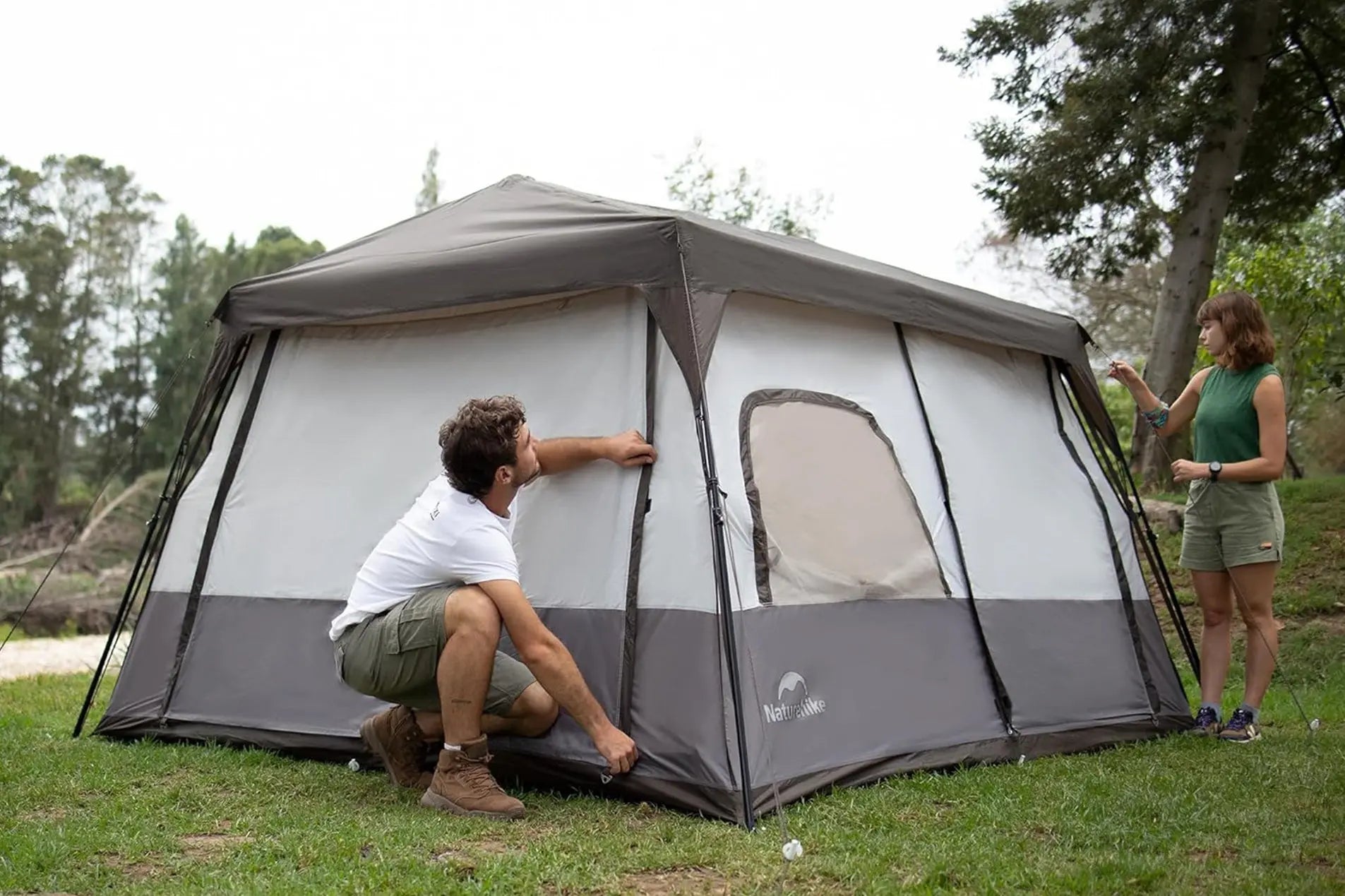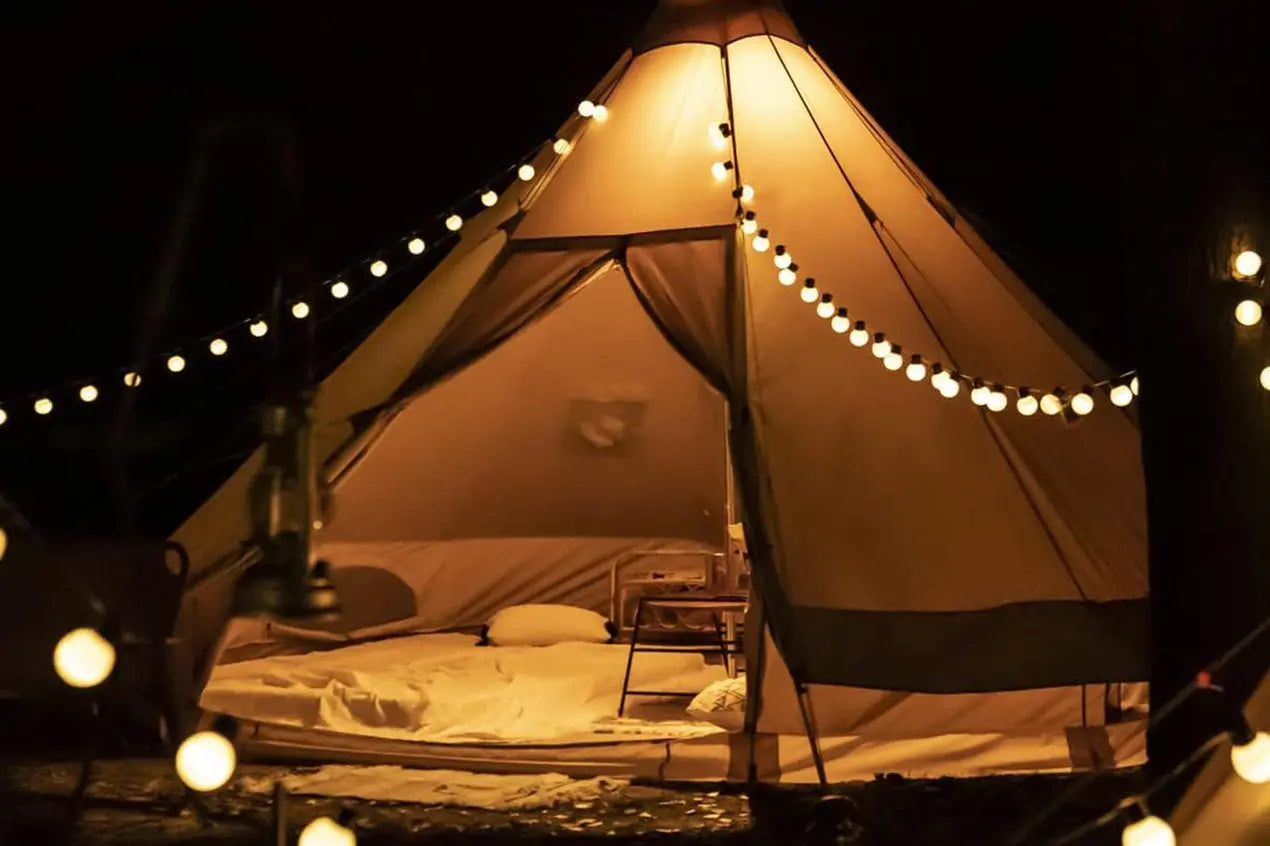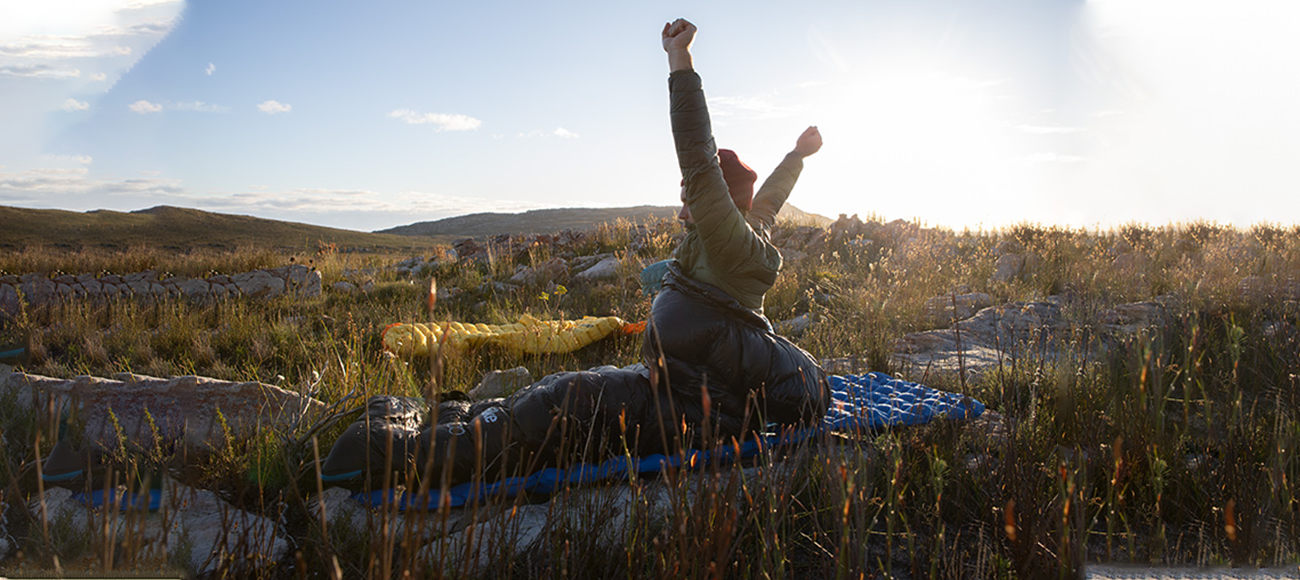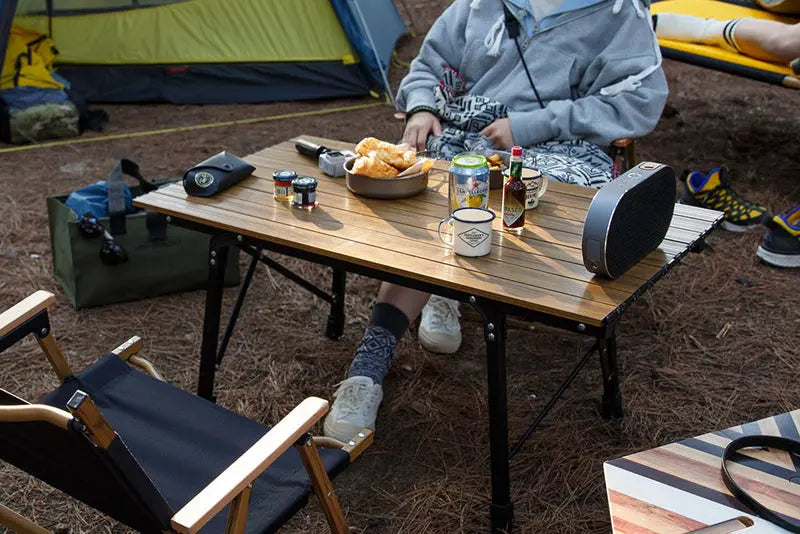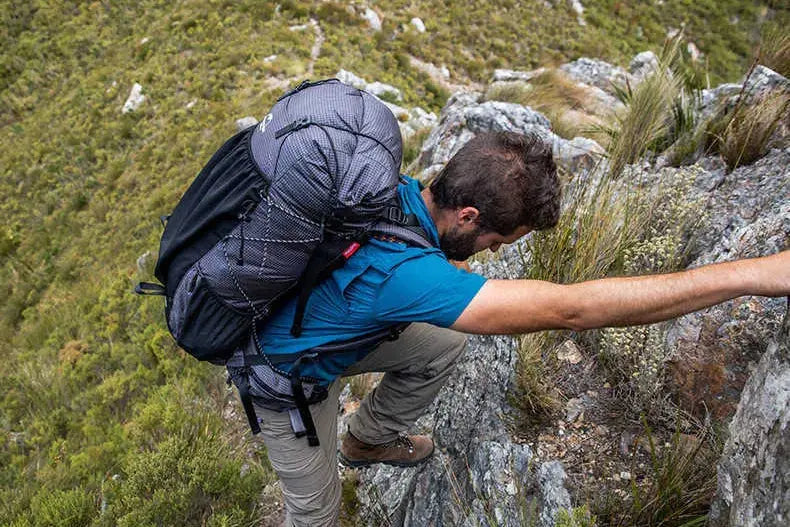
CAPACITY
Material
Waterproof Index
Weight
Tent size
Storage size

Embrace the Outdoors with Naturehike
Naturehike products are crafted with precision and durability, trusted by outdoor enthusiasts worldwide. Enjoy unparalleled quality and comfort on every adventure.

Breathable Fabrics

Robust and Durable



